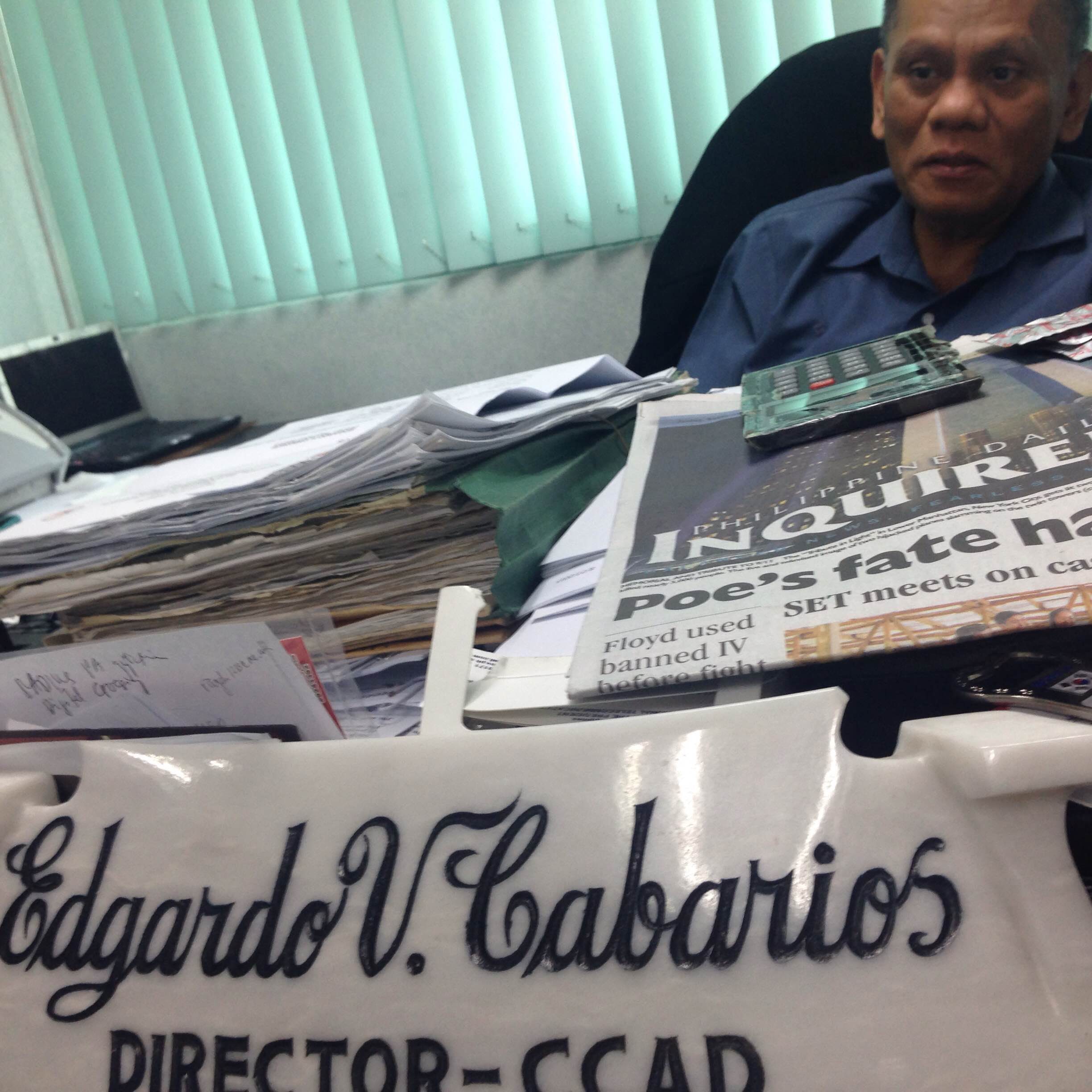SUMMARY
This is AI generated summarization, which may have errors. For context, always refer to the full article.

MANILA, Philippines — The Philippine telecommunications regulator will start implementing a nationwide program next week to monitor and report back to consumers on the quality of Internet service providers’ (ISPs) fixed broadband speed, ensuring they are getting the services promised by ISPs.
“We will ask ISPs and consumer groups to participate in our pilot testing for the minimum fixed broadband speed next week,” National Telecommunications Commission (NTC) Director Edgardo Cabarios said in an interview in his office in Quezon City on Friday, September 11.
This was after NTC signed on August 13, Memorandum Circular No. 07-08-2015, stating that “broadband” for fixed-line services must have data connection speed of at least 256 kilobits per second (kbps) – the standard of the International Telecommunications Union.
By definition, ISPs will not be able to say they provide broadband unless they give consumers at least 256 kbps.
“Under the new circular, we will monitor ISPs if they are providing broadband services with at least 256 kbps; if not, they will be penalized. Consumers will be informed of the results,” Cabarios said.
“The actual testing will be next month. It will be twice a week then we will get the average of the tests per month. If we find out that a telco has been advertising a certain service as broadband but the speed is less than 256 kbps, we can file a complaint or anyone can go to DTI (Department of Trade and Industry) to file a complaint as it is considered false advertising,” Cabarios added, explaining how the testing will be done.
The NTC official said that for the first offense, the regulator will issue a verbal warning; but for succeeding one, the “ISP at fault will be penalized P200 ($4.28) a day until it complies with the rules.”
Measly penalty for ISPs
“The penalty is very small compared to other countries,” Cabarios said.
The penalty, according to Cabarios, is based on a 79-year-old law, known as the Public Service Act of 1936. (READ: Slow Internet? Blame red tape – Telcos)
“We are proposing to revise that. Meron nang bill and Information and Communications Technology (ICT) Commission pero hindi pa nakakapag-conduct ng public hearings. Sa pagkakatanda ko, magiging maximum of P300 million ($6.42 million) na. Doon, matatakot na sila. (There is a bill already by ICT Commission, but the government has not yet conducted public hearings. Offhand, I think it will increase up to P300 million. That way, ISPs will get scared),” Cabarios said.
With a penalty as low as P200 ($4.28) a day, NTC is worried about industry’s non-compliance.
This is why the industry regulator is trying to remedy by pushing for an amendment of the 1936 Public Service Act.

According to Cabarios, NTC will also hold a public hearing on Tuesday, September 15, for minimum speeds for services advertised as “mobile broadband.”
About 90% of Internet users in the Philippines are on mobile, while only 10% use fixed-line services.
“Draft rules on services advertised as mobile broadband are ready so we can move forward with this while implementing the one for fixed-line,” Cabarios said.
The NTC director said the minimum speed for mobile broadband is about the same with that of fixed-line, which is 256 kbps.
No plans to increase minimum speed
According to some ISP lobbyists, 256 kbps is hardly a broadband experience.
“Surfing websites today at 256 kbps is similar to surfing on dial-up in the 90s with slow loading pages, content, and images – hardly a broadband experience,” a July 2015 position paper of the Philippine Web Designers Organization, Game Developers Association of the Philippines, Philippine Game Developers Community, Philippine Flash ActionScripters, and Philippine Internet Freedom Alliance said.
But Cabarios pointed out, “If the Philippines will adopt higher minimum broadband speed than 256 kbps, then there could be no ISPs offering broadband in our country already.”
The NTC official admitted that the Philippines is adopting lower minimum broadband speed compared to other countries, like Federal Communications Commission’s minimum of 4 mbps. (READ: Monopolies, duopolies hamper PH inclusive growth)
“In other countries, it (minimum broadband speed) is much higher because their networks are already well developed. They also have huge government investments. But here in the Philippines, we are just playing catch on. Medyo naiwan tayo (We are somehow behind them), we must admit,” Cabarios said.
According to Socioeconomic Planning Secretary Arsenio Balisacan, the government proposed to increase the budget for ICT to P4.37 billion ($202.40 million) in 2016 from P1.76 billion ($81.42 million) in 2014. – Rappler.com
$1=P46.73
Add a comment
How does this make you feel?
There are no comments yet. Add your comment to start the conversation.